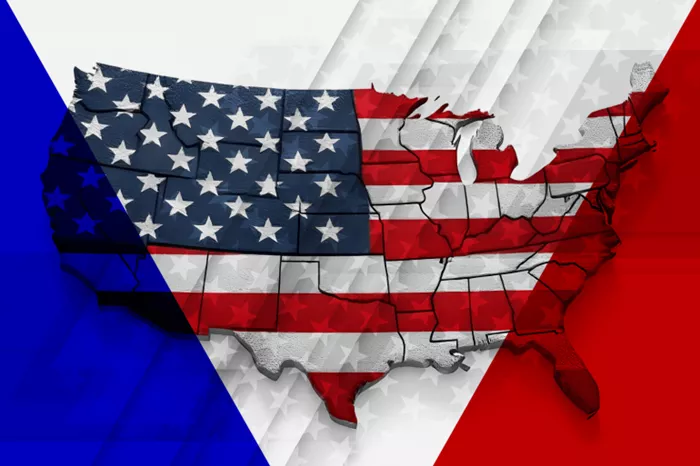In 2003, The Dixie Chicks—now known as The Chicks—stirred a national storm by openly denouncing the Iraq War. At a London concert, lead singer Natalie Maines declared, “We do not want this war, this violence, and we’re ashamed that the President of the United States is from Texas.” This candid remark led to widespread boycotts, and for a while, it seemed the band might not recover. But today, it’s almost expected for celebrities to voice their political opinions. In fact, The Chicks recently performed the national anthem at this year’s Democratic National Convention (DNC), embracing their role in a landscape where artists’ political stances are scrutinized and celebrated.
Political science professor David Schultz from Hamline University explains this shift: “It used to be ‘shut up and sing.’ Now, fans expect celebrities not only to perform but to share their views.” Celebrities like Taylor Swift, Bad Bunny, and LeBron James have each used their platforms to encourage voter turnout and support specific candidates. As Schultz suggests, even a modest shift in voter turnout influenced by these endorsements could alter the results in key battleground states.
Influencing Voter Turnout, Not Policy
While celebrities may not shift a person’s stance on specific policies, they can impact voter turnout, drawing more people to the polls who might otherwise stay home. Taylor Swift’s Instagram endorsement for Kamala Harris in September, for example, resulted in a massive 400,000 clicks on a voter information site. Similarly, when she urged her fans to vote in 2023, Vote.org saw a surge in new voter registrations.
Karen Hult, a political scientist from Virginia Tech University, believes that Swift’s endorsement could make a difference, particularly among young women, who make up a key demographic. Likewise, Oprah Winfrey’s support for Barack Obama in 2008 helped him gain traction among suburban women voters. However, Democrats face a challenge: capitalizing on celebrity endorsements without reinforcing the “elitist” label, which Republicans are quick to exploit.
In a fundraising email, Donald Trump criticized these endorsements, dubbing Harris’s supporters as “Hollywood hacks” and attacking the involvement of figures like Oprah Winfrey and Jamie Lee Curtis in her campaign.
Star Power on Both Sides
Both campaigns are leveraging celebrity power. While Trump’s team highlights tech moguls like Elon Musk, the Democratic side relies on stars like Jon Bon Jovi, who recently performed at a rally in North Carolina. Trump’s backers also include names from the world of MMA, with support from UFC President Dana White, and rock musician Kid Rock, who performed at the Republican National Convention.
Mark Shanahan, a professor of political engagement, points to the influence of “tech bros” like Musk, David Sacks, and JD Vance, Trump’s running mate. Shanahan believes that for many voters, these figures represent an opportunity to dream of financial success. The Harris campaign, on the other hand, has leaned into endorsements from prominent business figures like billionaire Mark Cuban, known for his tech industry success and role on Shark Tank. Cuban’s involvement might help the Democrats reach voters who resonate with a self-made millionaire narrative.
A New Wave of Influencers
Political experts predict that campaigns will increasingly target social media influencers rather than traditional celebrities, as they seem to connect more deeply with followers. This election has even been referred to as “the podcast election,” highlighting how figures like Joe Rogan are subtly shaping voter opinions. While Rogan hasn’t officially endorsed a candidate, his approval of Trump has reached millions through his popular podcast.
In the campaign’s final days, every edge counts, whether it comes from the voice of a celebrity or an influencer. Shanahan captures the stakes: “If Trump wins, all bets are off.” With global alliances and trade policies hanging in the balance, Democrats are maximizing every tool in their kit—including celebrity endorsements—to hold off a second Trump presidency.
Read more:

